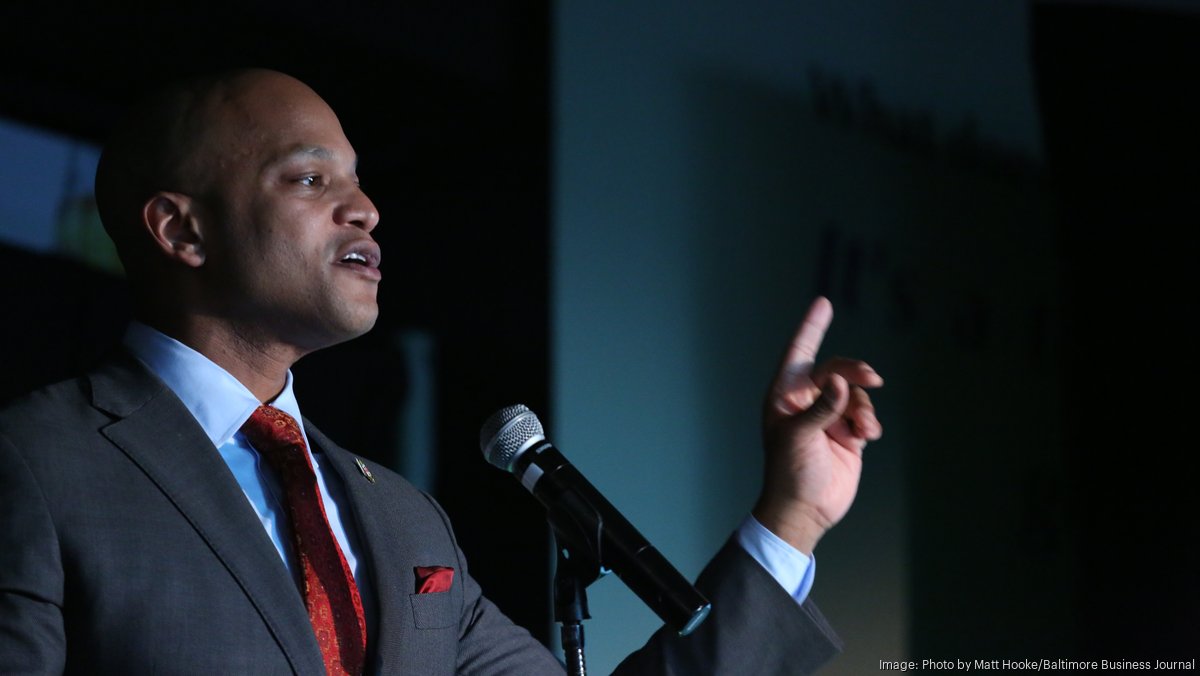
Maryland lawmakers scale back proposed business services tax
- 20.03.2025 20:01
- bizjournals.com
- Keywords: Tax Reform, Budget Shortfall
Maryland Governor Wes Moore proposes a 3% tax on IT services to address a budget shortfall caused by federal spending cuts. Lawmakers reduced plans for broader business taxes, focusing instead on IT and data services, though businesses warn this could harm Maryland's economic competitiveness.